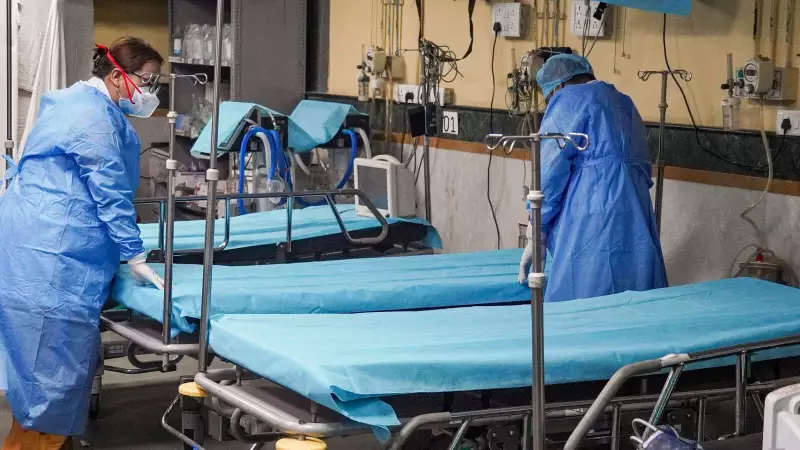
A recent factory fire in Bhopal has exposed critical vulnerabilities in India's healthcare system, revealing that hospitals remain dangerously unprepared for chemical emergencies despite the haunting legacy of the 1984 gas tragedy that claimed thousands of lives.
The Wake-Up Call From a Factory Inferno
When flames engulfed a Bhopal factory storing chemicals and medicines, emergency services rushed to contain the blaze. However, what emerged was a more disturbing reality: local hospitals lacked the essential protocols, specialized equipment, and trained personnel to handle potential chemical exposure cases effectively.
Lessons Unlearned From History's Worst Industrial Disaster
Thirty-nine years after the Union Carbide disaster poisoned Bhopal's air and consciousness, the recent incident highlights how little has changed in emergency medical preparedness. Hospitals that should have been at the forefront of chemical disaster response demonstrated alarming gaps in:
- Specialized decontamination facilities
- Stockpiles of antidotes for chemical exposure
- Trained medical staff for toxicological emergencies
- Coordination protocols with disaster management authorities
The Critical Missing Links in Emergency Care
Medical experts point to systemic failures that could prove catastrophic in a larger chemical incident. The absence of dedicated chemical emergency wards, insufficient protective gear for healthcare workers, and inadequate monitoring equipment create a perfect storm of vulnerability.
"We're playing with fire, literally and metaphorically," says a senior doctor from a Bhopal government hospital. "The memory of 1984 should have made us leaders in chemical emergency response. Instead, we're still scrambling when incidents occur."
Beyond Bhopal: A National Security Concern
The implications extend far beyond Madhya Pradesh's borders. With India's rapid industrialization and numerous chemical manufacturing units across states, the Bhopal incident serves as a nationwide warning. Major metropolitan cities with dense populations near industrial zones face similar risks without adequate medical safeguards.
The Path Forward: Building Resilient Healthcare
Healthcare advocates demand immediate action, calling for:
- Mandatory chemical emergency protocols in all district hospitals
- Specialized training for medical professionals in toxicology
- Strategic stockpiling of antidotes and protective equipment
- Regular disaster drills simulating chemical incidents
- Integration of hospital response with disaster management frameworks
The Bhopal factory fire, while contained, has ignited crucial conversations about whether India's healthcare system can withstand chemical emergencies. As the nation develops at breakneck speed, the question remains: Are we building medical infrastructure that can protect citizens when industrial progress turns perilous?





